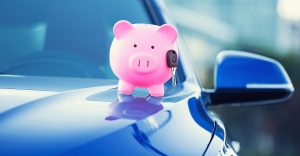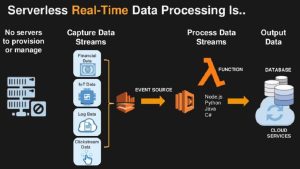Why coasting costs your fleet more
If you have a fleet, you need to be aware of coasting. This is a bad habit that far too many drivers engage in, but why do so many people coast? The common answer is to save money, but this is a common misconception. The reality is that coasting costs your fleet much more.
Increased likelihood of accidents
Coasting is a dangerous practice that can easily result in an accident; however, according to a large-scale survey, 45 per cent of drivers admit to coasting.
It is important to make your drivers aware of the risks of coasting. Cars will go considerably faster than when properly driven in gear and the driver will have limited control; for example, as the engine is not connected to the wheels when coasting, it is impossible for the driver to control the speed through the use of the engine braking. No matter how skilled the driver, coasting will make the steering response slower.
Accidents can have disastrous consequences, including injury and even death. Financially, they can lead to the vehicle being severely damaged or written off and insurance premiums being raised.
Costly replacements
Drivers who wrongly think that they are saving a few pennies by coasting should think long term, as they will be costing their company pounds through expensive repairs. This dangerous practice will wear out the mechanical brakes before their natural lifespan, meaning you will have to replace them much sooner than usual.
Image Credit
If you have a fleet and want to save money, you should make sure your drivers understand the dangers to themselves and others and the costs of coasting. Financially efficient practises for fleets include using Fuel Card Services such as a BP fuel card, regularly having maintenance checks carried out, and incentivising drivers to drive safely.
Modern cars work differently
Coasting is an old trick that doesn’t work in our modern cars. Whilst coasting may once have been energy-efficient, modern cars are built differently and coasting uses more fuel than driving properly. Modern cars are fitted with a clever electronic control unit (ECU) that cuts fuel when it isn’t needed; therefore, when a modern car goes downhill in gear, it isn’t wasting fuel. If you coast in a modern car, it will take fuel from the engine to compensate for the lack of rotational power.














Post Comment